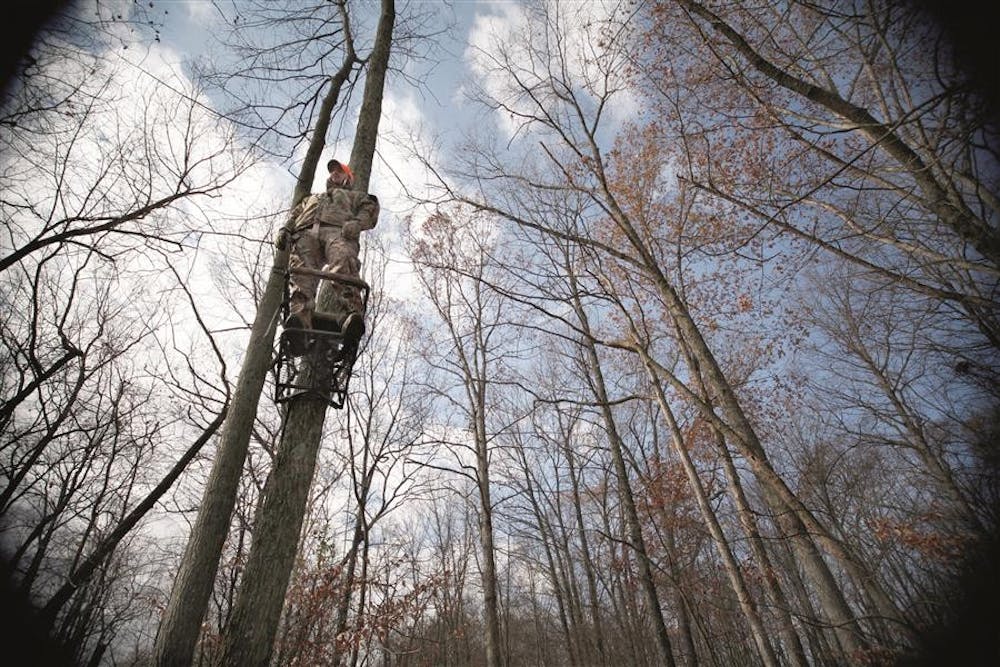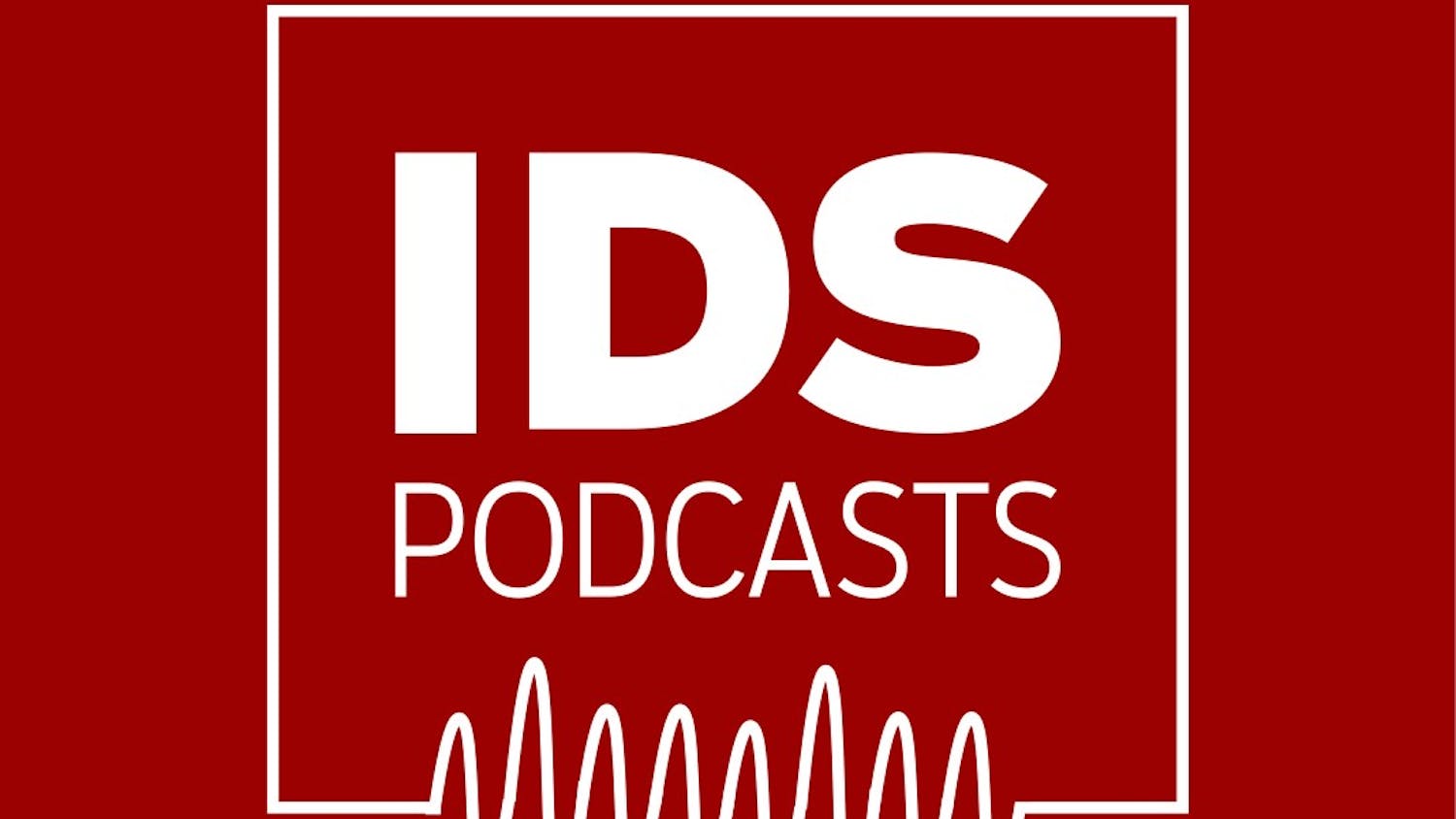Indiana voters will have the chance to decide today whether or not hunting and fishing are constitutional rights.
Public Question 1 on the ballot will ask voters if they agree the right to hunt, fish and harvest wildlife is an important part of Indiana Heritage, and if that right should be protected forever, according to Ballotpedia.
If enough voters answer “yes” on their ballots, the amendment will be added to the state constitution.
Rep. Heath VanNatter, R-District 38, is a co-sponsor of the amendment. He said the yes-or-no question is as simple as it sounds.
“It’s a very simple question and that’s what confuses people,” VanNatter said. “They’re like ‘isn’t hunting a thing we already protect’?”
Without the amendment, it’s possible for local governments to enact bans on hunting. VanNatter said he wasn’t aware of any that had done so, but the amendment would prevent them from doing so in the future. The concern that local governments might pass such a ban stems from an acknowledgement of anti-hunting and animal rights movements, such as People for the Ethical Treatment of Animals, across the country.
“Nationally there is a movement to put an end to hunting,” VanNatter said. “If PETA had their way, they’d put an end to hunting.”
David Orentlicher, a law professor at Indiana University Robert H. McKinney School of Law in Indianapolis, said increased regulations on hunting also prompted concern about the future of hunting.
“One reason for this is concern among people who hunt and fish that increasing regulations and shorter seasons are making it increasingly more difficult to hunt and fish,” Orentlicher said.
He said there are animals rights groups wanting to do away with hunting altogether but also added that many regulations have been put into place as a means of making sure hunting is viable in the long-term and that animal populations aren’t completely depleted.
But not all the reasons for the referendum are directly related to hunting. Orentlicher said the amendment also serves as a means of “bolstering” the right to bear arms. Orentlicher also said the amendment being on the ballot serves as a way to generate Election Day turnout by energizing people to vote.
He added he didn’t think Indiana would ever see a time when hunting was completely banned. VanNatter said he didn’t either, but said Tuesday’s votes will reveal how the voters really feel.
IU senior Annie Huebner said she plans to vote yes for the amendment.
“I used to be anti-hunting,” Huebner said. “And then I came to college.”
Huebner said she studies wildlife management through her environmental management major at the School of Public and Environmental Affairs . She said she learned that hunting is the most effective way to keep animal populations under control.
“Ways of non-lethal management of these populations cost so much money and resources,” Huebner said. “Hunting is the most efficient way to manage a population that’s out of control.”
Non-lethal population management includes methods such as animal contraception — methods Huebner said are not as fiscally strategic. She said she thinks people of her generation are more likely to look at hunting as a negative thing when it could be more humane to keep a population of animals, such as deer, under control.
“Our generation is moving away from understanding nature to thinking ‘more deer, awesome’,” Huebner said.
But an increased population of deer means a greater chance of hitting one on the road or an ecosystem that’s out-of-whack due to deer overgrazing some plants, Huebner said. VanNatter said he was also concerned about the human side of the issue.
“Hunting is a big deal for a lot of families,” VanNatter said. “A lot of people feed their families this way.”
VanNatter said his brother feeds his family meat exclusively through deer hunting.
“They don’t just go to the store and pick up hamburger meat,” VanNatter said. “This amendment is going to protect people’s right to do that.”
Huebner said the opposition she’s heard has centered around the amendment being an “NRA ploy.” She said she doesn’t believe that is true because the excise tax on fishing and hunting licenses goes back directly to the Indiana Department of Natural Resource’s funds for managing fish and wildlife.
If the amendment passes, Indiana will join 19 other states that have passed similar amendments.




